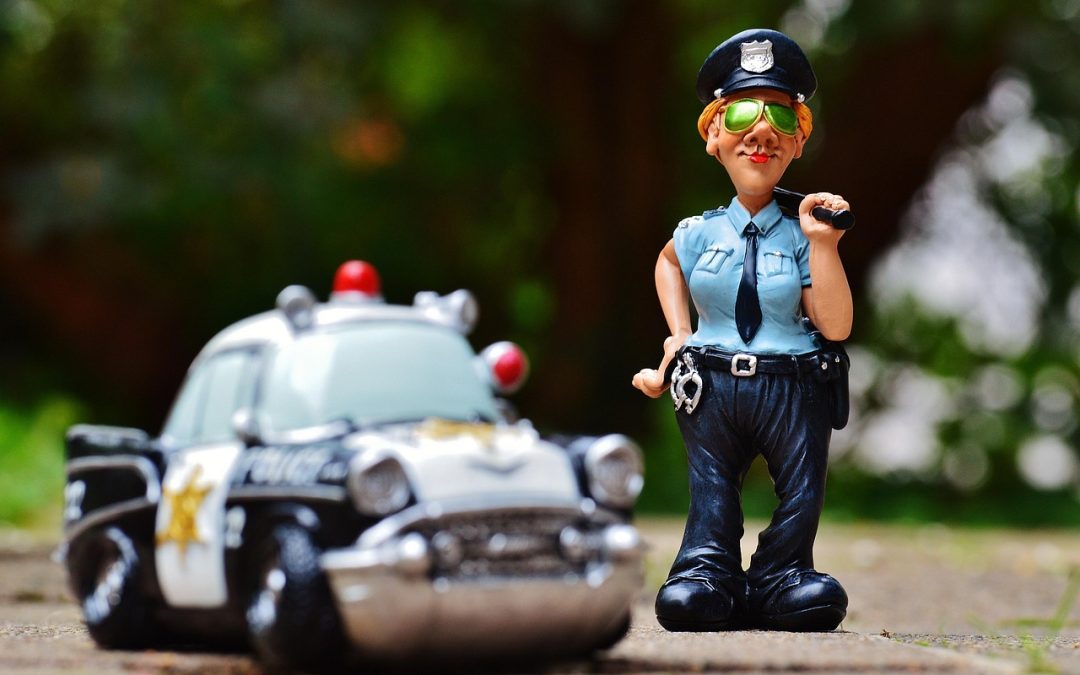When a mental health crisis arises, it’s essential to prioritize safety and well-being. However, interactions with law enforcement can be intimidating, especially if you’re unsure of your rights or the protocols in place. In this post, we’ll explore the nuances of police interactions during mental health crises, emphasizing safety, de-escalation, and the assertion of your rights.
Understanding the Context
Law enforcement officers are trained to respond to crisis situations, but they may not always have the same level of expertise in mental health. This can lead to misunderstandings or misinterpretations, making it crucial for individuals to be aware of their rights. The Americans with Disabilities Act (ADA) prohibits discrimination against individuals with disabilities, including those experiencing mental health crises.
Know Your Rights
During an interaction, it’s crucial to remember that you have the right to:
- Remain silent: You are not obligated to provide information, especially if you’re unsure of your rights or the information may incriminate you.
- Request an attorney: If you’re detained or in custody, you have the right to legal representation.
- Request medical attention: If you’re experiencing a mental health crisis, you have the right to receive appropriate care.
Additionally, be aware of your local laws and regulations. Some states have specific protocols for mental health crisis responses, such as California’s Laura’s Law, which allows for court-ordered assisted outpatient treatment.
De-Escalation and Safety
During an interaction, prioritize de-escalation and safety. This can involve:
- Remaining calm and composed
- Avoiding physical confrontations or aggressive behavior
- Following officer instructions, while also asserting your rights if necessary
Remember, safety is paramount in these situations. If you’re unsure of your rights or feel uncomfortable, try to remain calm and seek support from a trusted individual or organization.
“The right to be let alone—the most comprehensive of rights and the right most valued by civilized men.” – Louis Brandeis
In conclusion, it’s essential to prioritize safety and de-escalation during police interactions involving mental health crises. By understanding your rights, being aware of local laws, and following practical tips, you can navigate these situations with confidence and assertiveness. Remember to stay up-to-date on local regulations and protocols, and seek support from trusted organizations and legal resources.
The information at Observed.Org may not pertain to every jurisdiction. It is YOUR responsibility to know your rights and observe them. Nothing here should be considered legal advice.

